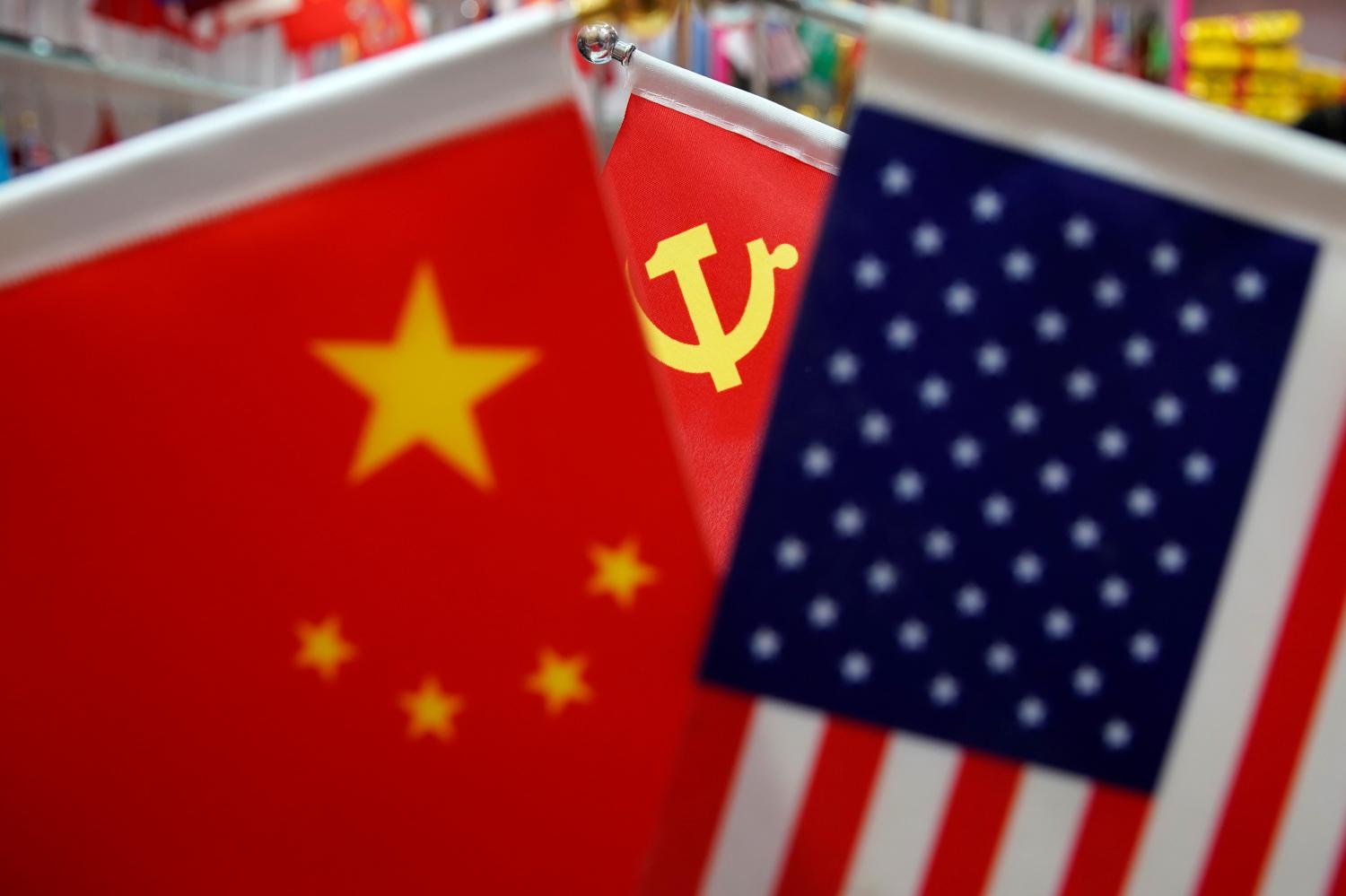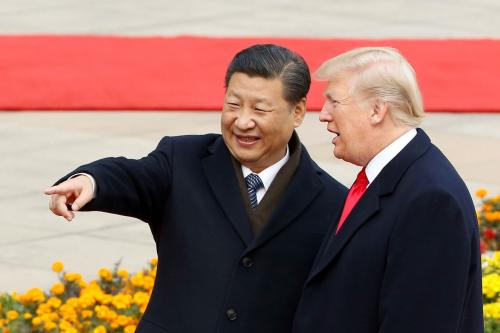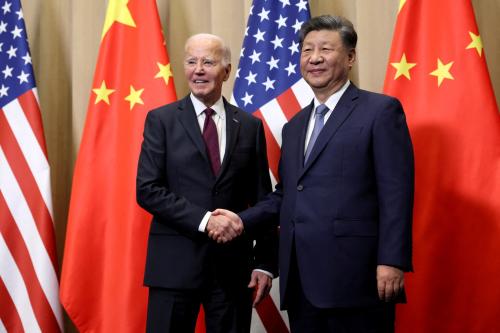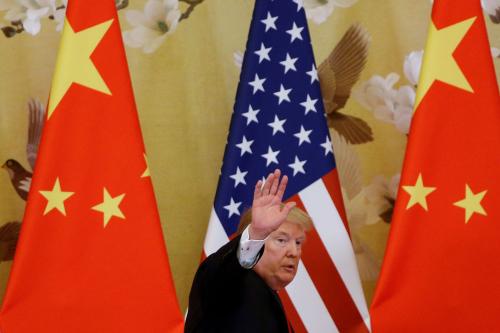Executive Summary
 This policy brief examines the role of U.S. democracy promotion in America’s broader China strategy. It examines how China’s malign influence tactics corrode democracy in target countries, explains the impact on U.S. interests, and then provides recommendations for using U.S. support for democracy to secure American objectives and compete with the Chinese Communist Party (CCP).
This policy brief examines the role of U.S. democracy promotion in America’s broader China strategy. It examines how China’s malign influence tactics corrode democracy in target countries, explains the impact on U.S. interests, and then provides recommendations for using U.S. support for democracy to secure American objectives and compete with the Chinese Communist Party (CCP).
The CCP employs a suite of tactics to advance its strategic influence in countries around the world, in the process exploiting and exacerbating democratic weaknesses in target states. The CCP’s use of these different means of influence simultaneously has a pernicious effect on developing democracies. Beijing’s manipulation of the information space and discourse ensures the neutering of institutions such as an independent media and civil society which, in a healthy democracy, would expose the negative consequences of China’s opaque dealmaking and corrupt practices. Beijing is not only weakening democracies around the world through its drive for strategic advantage and influence; the CCP is actively popularizing an authoritarian alternative to democratic governance.
If Washington’s China strategy is to effect its desired change — a world where America is secure and remains the preeminent power — it must include investments focused on winning the competition of political systems. The goal of this strategy should be a world in which democracy is the predominant form of national governance because it is the model with the best chance of delivering peace and prosperity for citizens.
Three pillars of action should comprise the U.S. approach to protecting and promoting democratic governance, working with like-minded allies, to prevail against China in the contest of political systems.
The first pillar consists of elevating the protection and promotion of democracy as a key consideration in crafting and executing U.S. foreign policy; and being deliberate about formulating the network of allies necessary to win the broader competition. Along with placing democracy support at the center of U.S. foreign policy decisionmaking, Washington should expedite the formalization of the D-10 as a forum for leading democracies to coordinate.
The second pillar involves using foreign assistance and diplomacy to make countries more resilient to CCP coercion. Specific actions include reinforcing the foundational institutions of democracy to bolster them against external interference; strengthening the capacity of civil society to uncover corruption, increase transparency, and hold leaders accountable; and expanding the ranks and capacity of independent, investigative journalists and civil society organizations able to expose Chinese malign influence tactics.
The third pillar is championing the superiority of liberal democracy to authoritarianism. Specifically, Washington should empower U.S. diplomats to champion the benefits of American democracy, while being frank that it remains a work in progress; tailor messaging to highlight examples of democracy successes that are relevant to the target audience; and expand citizen diplomacy exchanges — to the United States and other countries — so that individuals in countries vulnerable to or experiencing CCP influence can see the fruits of democracy first-hand.
The Brookings Institution is committed to quality, independence, and impact.
We are supported by a diverse array of funders. In line with our values and policies, each Brookings publication represents the sole views of its author(s).






